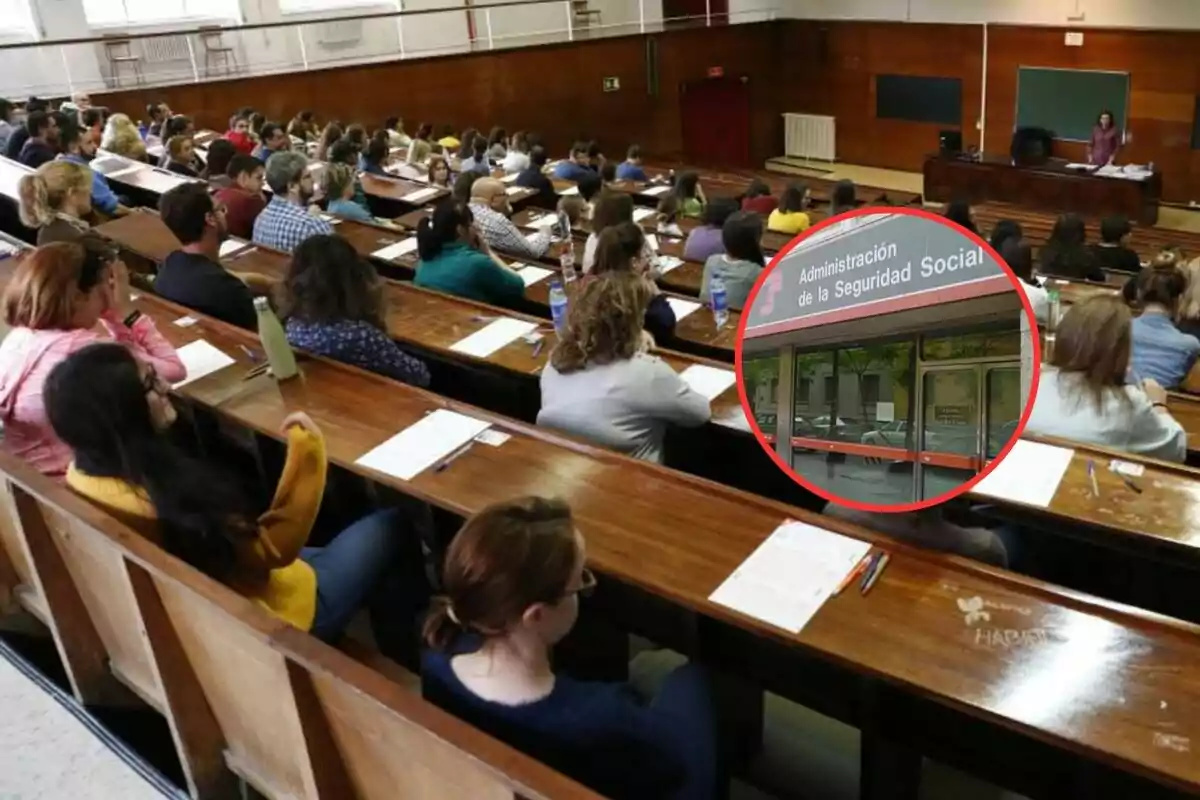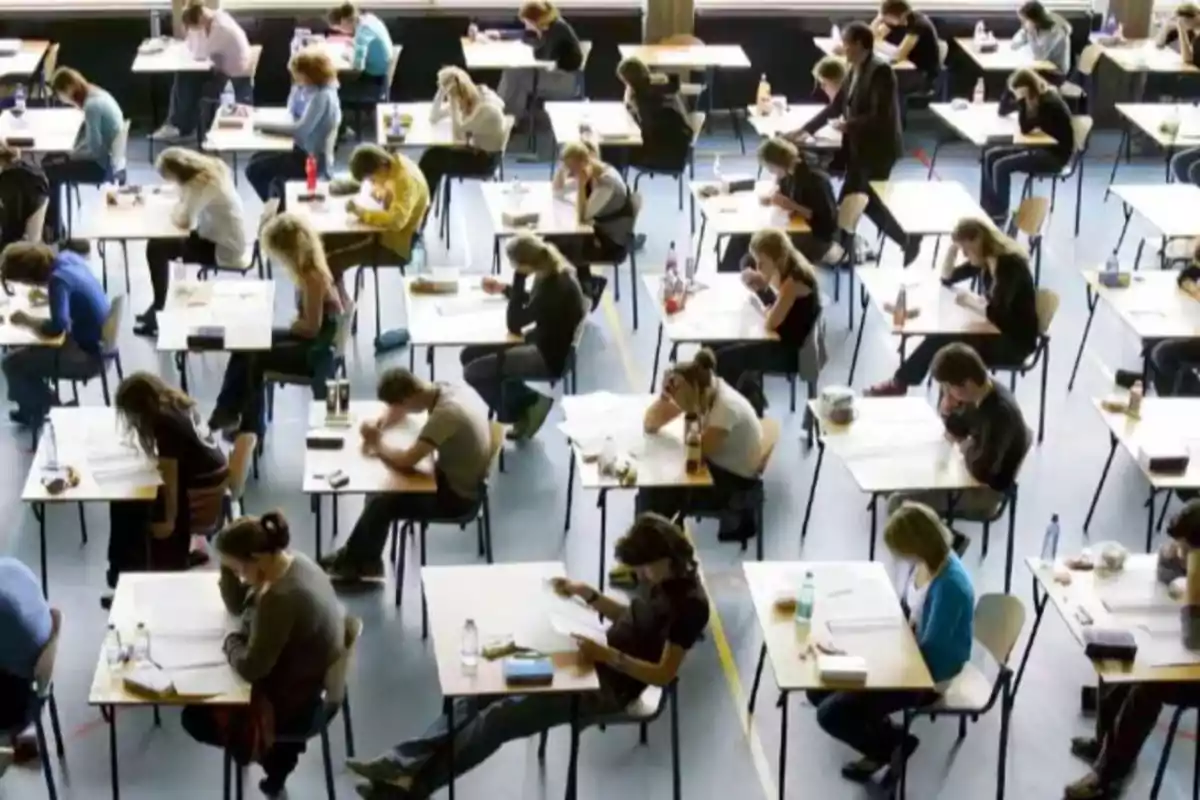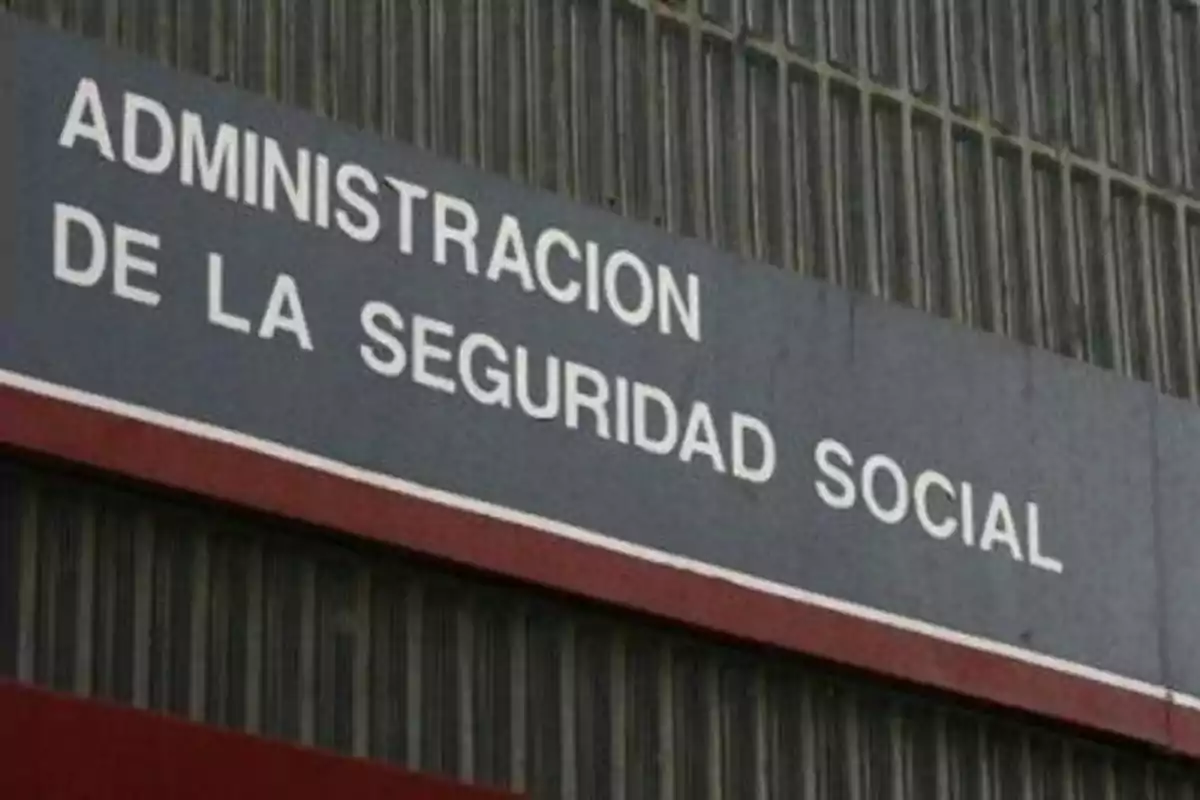
Report Irregularities in New Administration Exams
Thousands of opponents are left out of the process after an arbitrary change in the correction criteria
The selection process to join the 2023 Social Security Administrative Corps has been shrouded in controversy following the publication. It occurred on February 7, in the list of those who passed. According to numerous candidates, the correction criteria were allegedly arbitrarily modified, leaving thousands of candidates out.
The call, published in the BOE on June 5, 2024, established that the final score of the opposition phase would be determined as follows. The sum of the scores of both parts of the exam and penalizing incorrect answers with a quarter of the value of a correct answer.

However, just three days before the test, the qualifying tribunal published new correction and evaluation criteria. These modified the previously established rules.
These changes affected the way the tests were graded, according to the candidates. Additionally, they established a minimum direct scoring system that was not included in the initial bases. According to the candidates, this alteration contravenes established jurisprudence, which requires strict adherence to the conditions set in the call.
What the candidates really denounce is that even after the test, when the lists of those who passed were released, they used a "totally arbitrary" cutoff. That is, at the same time as publishing the list of those who passed. This new cutoff, "without being previously announced" according to sources, "the cutoff was moved to the second of the exercises, that is, a 7 out of 10."

They Also Denounce Lack of Transparency and Risk for Future Calls
The problem not only affects the candidates harmed in this process. It also generates uncertainty for the next call, whose exam is scheduled for the months of June or July of this year. The candidates demand that the correction criteria be clarified in advance.
All to avoid similar situations and ensure the principle of transparency in access to public service. It is a key issue that the public administration is involved in these serious controversies.
Article 55.2 of Law 7/2007, of the Basic Statute of the Public Employee, establishes a clear order. That the selection processes must be governed by the principles of publicity and transparency. This implies that the correction criteria must be set in advance and communicated clearly to the participants.
However, the last-minute change in this opposition has raised doubts about compliance with these principles.
In the face of the controversy, the candidates have made the official documents available to the public. The same ones related to the process on the Social Security portal, in order to support their complaint. But also with the aim of demanding explanations from the responsible authorities.
As if this were not enough, the candidates who have not obtained their place also denounce the lack of transparency in their results. Sources assure EDATV that they don't receive any data about their grades and scores. That is, they don't provide any grade and only refer to the published grades in which only those who have obtained a place appear.
The Other Version
A completely opposite version to that disseminated by the candidates has reached the EDATV offices. They request to correct the information that they consider "erroneous."
The opposition call, established in the Resolution of May 25, 2024, in its point 4. Tribunal, indicates regarding the evaluation criteria:
"In the event that the tribunal agrees on parameters for the grading of the exercise, in development of the evaluation criteria provided in this call, those will be disseminated prior to its execution," so what you refer to as "the minimum direct scoring system" responds to an agreement on the grading parameters of the exercise and were indeed published prior to its execution.
As you can see, the process has been followed according to legality and the call, so in no case, as you cite in your article, "these changes affected the way the tests were graded," since the grading criteria followed are those established in the call, with the only specification (not modification) cited, which I have already shown you did not "modify the previously established rules."
More posts: